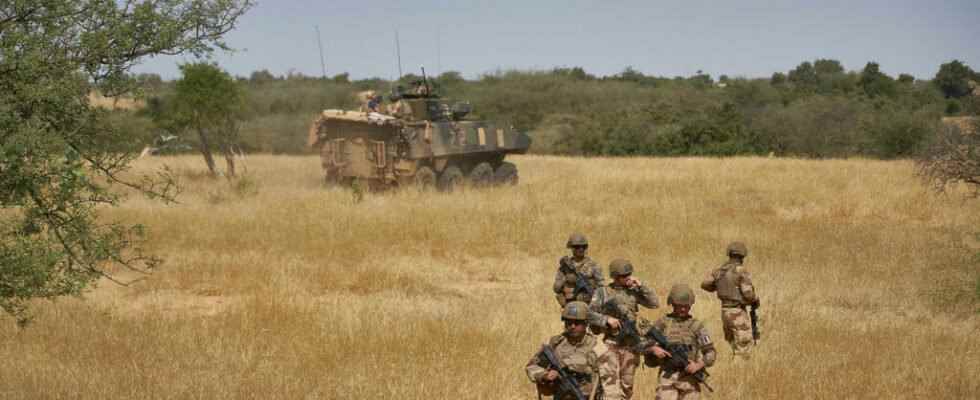A passage in the press release announcing the withdrawal of Operation Barkhane from Mali stated that France and its partners “remain engaged in the Sahel” and “will extend their support to the Gulf of Guinea country”. Benin and Côte d’Ivoire are concerned.
Long spared, Benin is under pressure from armed terrorist groups which have multiplied a series of attacks in recent months, recalls our correspondent in Cotonou,Jean-Luc Aplogan. According to our information, Patrice Talon has not made an offer for the moment, Paris either. The parameters of the reorganization of Operation Barkhane have not yet been decided.
Between November of last year and today, Patrice Talon and Emmanuel Macron have seen each other three times. The Beninese was at dinner on February 17 after the mini-summit on the Sahel.
The French army intervened the next day of the W park attack and announced that it had killed 40 jihadists. These episodes tell informed observers here that Benin will not say no to support that will help it counter the spread of the jihadist.
► To read: France and its partners confirm a “coordinated withdrawal” from Mali
France could be an ally for, believes Beninese political scientist Expédit Ologou. ” For a country like Benin it is always beneficial to have a world power of the rank of France as an ally, the benefit perhaps for example in terms of sophisticated intelligence techniques and in terms of heavy equipment. But military assistance can be counterproductive if not decolonized. »
Eugène Azatassou, of the opposition party Les Démocrates, hopes that Benin does not rush and recalls this Beninese wisdom: “ To marry a repudiated woman you have to take the time to study her “. The only lasting response to this situation is logistical independence, says an officer
Côte d’Ivoire committed for several years against terrorism
Côte d’Ivoire, for its part, has been preparing for Barkhane’s withdrawal from Mali for several months. ” We will be obliged to increase our defense forces, we will be obliged to increase the protection of our borders. We will take all possible measures », declared on RFI Alassane Ouattara, reacting to the departure – then more than likely – of French forces from Mali. It has also been involved in the fight against terrorism for several years, underlines our correspondent in Abidjan, Peter Pinto.
June 11, 2020 had the effect of an electric shock in the minds of many Ivorian decision-makers. Even more than the Grand Bassam attacks in 2016, the Kafolo attack which claimed the lives of 14 Ivorian soldiers reminded the political class and senior military officials that the threat was indeed there. The whole area has since then been an operational zone where traffic is restricted, especially along the Burkinabé border.
► To read: Departure of Barkhane from Mali: return on an acclaimed then disavowed French operation
After retiring 4,000 soldiers, the Ivorian army, whose budget has increased by 7% this year to 600 million euros, is recruiting to reach 10,000 men in 2024. In addition, 650 of its men wear the blue helmet in Mali. In its fight against terrorism, Côte d’Ivoire can count on the FFCI, currently 900 French soldiers stationed in Abidjan.
” Everything we do must converge to further consolidate the autonomy of the Ivorian army “, declared the French Chief of Staff Thierry Burkhard, passing through Abidjan last week. Côte d’Ivoire is home to the International Counter-Terrorism Academy, inaugurated last year, which has trained several hundred civilian and military officials in a comprehensive approach to the fight against terrorism.
Finally, and a sign of its interest in counter-terrorist military cooperation, Côte d’Ivoire is hosting the Flintlock exercises, organized by the United States, until the end of the month.
► Read also: Ivory Coast: kick-off of the international military exercise Flintlock 2022
